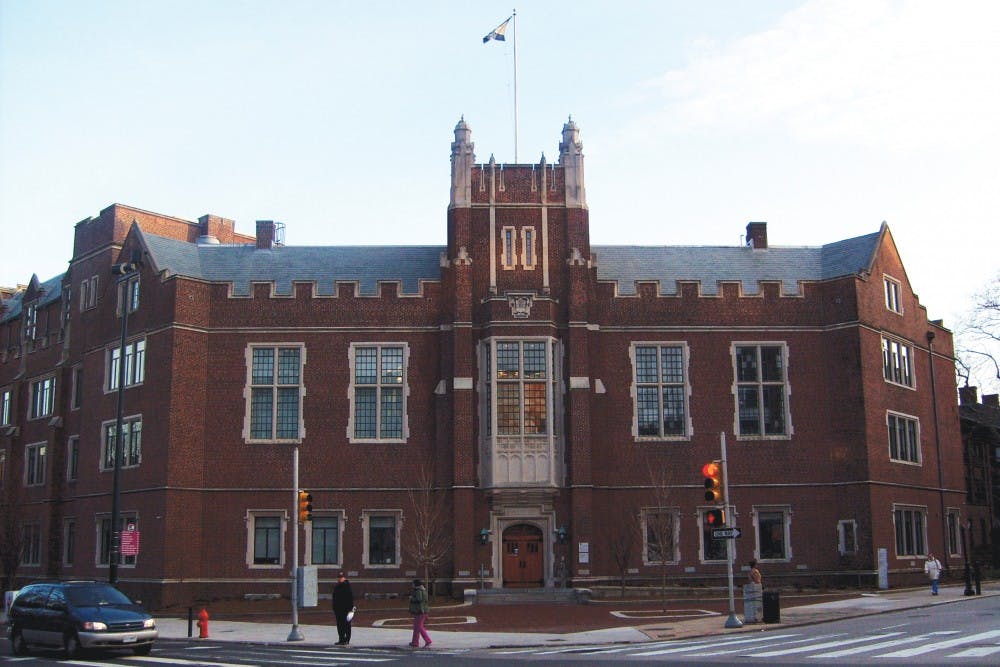
English Ph.D. student Clare Mullaney was recently awarded the 2016 Irving K. Zola Prize for Emerging Scholars in Disability Studies. At Penn, Mullaney works towards building an intellectual community on campus around disability studies.
Disability studies is a relatively new field that emerged in the 1980s primarily in the United States, the United Kingdom and Canada. Mullaney said that the field analyzes the meaning, nature and consequences of disability as a social construct.
“Disability studies focuses not on the fixed medical trait, but focuses more on the social and cultural experience,” Mullaney said. “A lot of scholars and activists use the example of wheelchair users. They’re not necessarily disabled until they encounter a curb on the street that doesn’t have a cut in it. Disability studies is invested in the idea that the world disables people rather than people being inherently disabled.”
Mullaney became interested in disability studies as an undergraduate at Bryn Mawr College when she was doing mental health advocacy work while completing her degree in English.
“When I was thinking about grad school and pursuing my interest in academia, one of my professors mentioned that I could think of mental health as a disability and go into this new field called disability studies,” Mullaney said. “It is great that I can combine my passions of activism, mental health and scholarly work.”
Disability studies started out in the social sciences but then in the 1990s, a professor at Emory University, Rosemarie Garland-Thomson, wrote the book, "Extraordinary Bodies," which discusses the literary representations of people with physical disabilities, such as Captain Ahab in Moby Dick.
In the summer of 2016, Mullaney taught a class on disability studies, which examined topics such as ability, ableism, access, accommodation, representation and stigma through literature and film.
Mullaney has worked to build an intellectual community on campus around disability studies and co-founded the Penn Disability Studies Working Group, where faculty and students — both graduates and undergraduates — interested in questions about disability and access can convene.
“We’ll meet to discuss new articles that have been published in the field,” she said. “Often we’ll have a speaker come to share a work in progress or deliver a paper that they’re working on. But in the future, I would like to do more advocacy work in making Penn a more accessible campus.”
Becoming a more accessible campus would include encouraging professors and graduate students to put accessibility statements on their syllabi.
“And for the access statements, it could also include making sure not to just copy the statement that Student Disability Services gives you and instead asking the students about how we could change the physical classroom to accommodate a variety of different abilities,” Mullaney said.
At universities like Penn with old buildings, it can be a challenge for students with physical disabilities to access all of campus. Mullaney said it is important for students to consider the obstacles students with disabilities go through.
“At a school like Penn, that is very high achieving, disabilities can be very hard to think about because it works against everything we pride, like success and ability,” Mullaney said. “So we need to think of ways to alert people that thinking about disabilities puts pressure on some of the assumptions that we make about what we prize and take for granted.”
The Daily Pennsylvanian is an independent, student-run newspaper. Please consider making a donation to support the coverage that shapes the University. Your generosity ensures a future of strong journalism at Penn.
Donate



